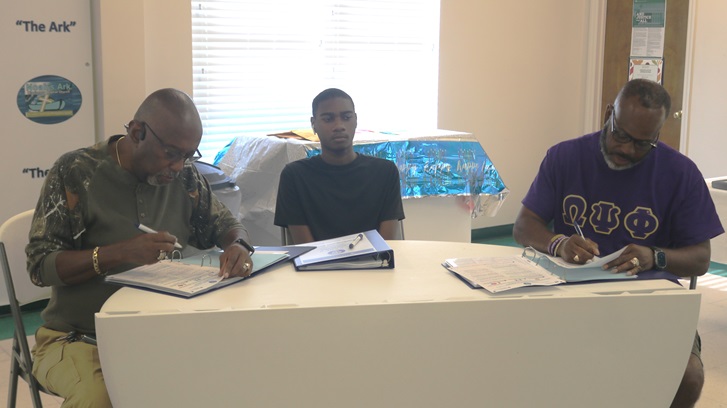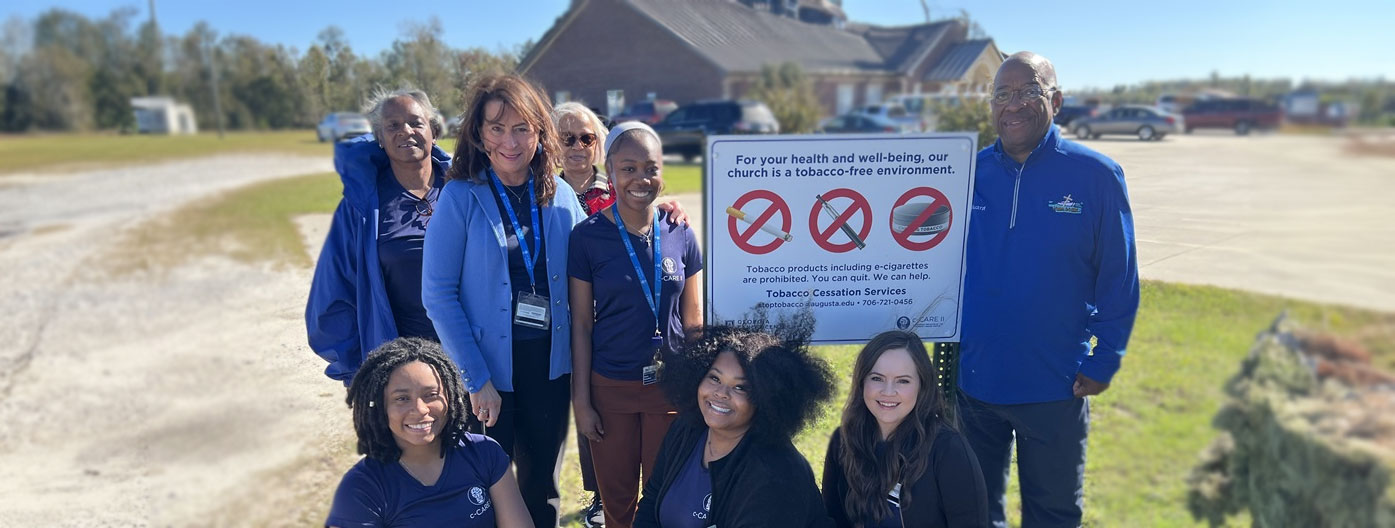
cancer Community Awareness & Access Research Education
The “Impacting Cancer Health Disparities and Facilitating Cancer Health Equity in Breast, Multiple Myeloma, and Prostate Cancers in Underserved and Minority Populations: The cancer-Community Awareness Access Research & Education II (c-CARE II) Initiative” team is located at the Medical College of Georgia’s main campus in Augusta, GA (Richmond County) and is led by Dr. Martha Tingen. The Study is a collaboration with the Georgia Cancer Center.
Organization Overview
The c-CARE project framework was originally introduced in 2015, and utilizes the “train the trainer” method to deliver culturally-tailored educational intervention sessions at various community sites. Funding for the c-CARE II project was obtained through a grant from the Bristol Myers Squibb Foundation, $3.38M.

Target Area & Objectives Site Locations Community Health Workers Project Contacts Co-Investigators
Target Area & Objectives
The c-CARE II project seeks to recruit 600 African American (AA) adults (over 18 years of age) at 20 faith-based sites, rural and urban, from five Central Savannah River Area (CSRA) counties with a high percentage of AAs to include Burke, Jefferson, McDuffie, Richmond, and Wilkes.
In general, the study target area ranks poorly in multiple socio-economic and health indicators, and the population has an increased risk for preventable cancer and poorer cancer outcomes.
The c-CARE II initiative is a research study designed to improve cancer outcomes—specifically breast, multiple myeloma, and prostate—in minority and underserved populations in a sustainable and collaborative community-based approach.
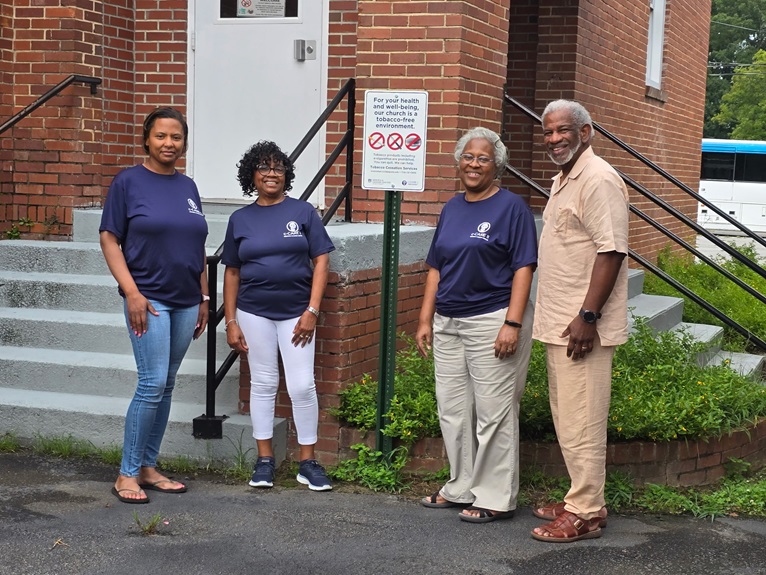
Rev. Favors and CHWs
This will be achieved by:
- Using trusted community- based trainers (i.e. Community Health Workers, CHWs), who the participants know and respect, to deliver cancer literacy and education materials
- Providing access and navigation to high-quality cancer screening and early detection services
- Assisting with navigation to proper care as indicated
- Sharing information about relevant medical and health related community-based resources
- Measuring pre- and post-intervention knowledge, attitudes and beliefs and changes in cancer health behaviors and outcomes.
The c-CARE Team, Pastors, and CHWs were featured in a podcast at the Georgia Cancer Center.
Site 5 - Rev. Dr. Johnny Hampton
- Good Hope Missionary Baptist Church
Site 8 – Rev. Earnestine Patterson
- Cornerstone Christian Center Church
Community Health Workers (CHWs): The Heartbeat of c-CARE II
The c-CARE II project has strengthened trust between communities and the healthcare system by training Community Health Workers (CHWs) chosen by pastors to serve as trusted bridges to care. Equipped with skills in cancer prevention, early detection, and culturally sensitive communication, CHWs create supportive environments where participants feel safe to ask questions and engage in preventive care.
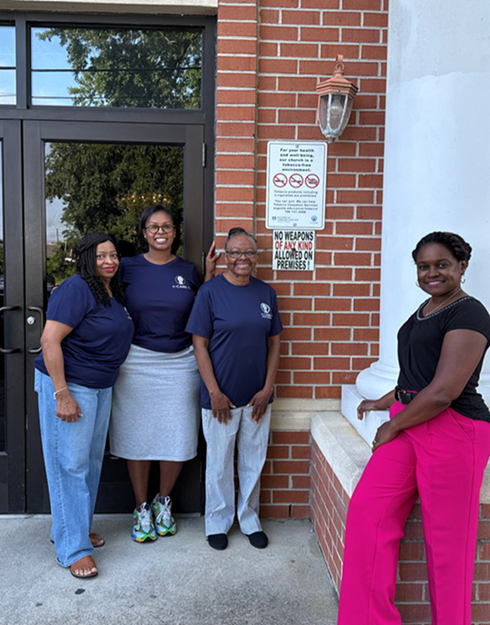
Participants will attend five 90-minute c-CARE II curriculum sessions, which emphasize
prevention, screening, and early detection behaviors. We will assess modifiable behavioral
risk factors, including tobacco use and obesity; we will implement an obesity intervention
for all participants, and provide navigation to tobacco cessation resources if the
participant is motivated to do so. Also, we will assess non-modifiable risks through
navigation to genetic testing for those meeting established eligibility criteria and
willing to do so. The genetic testing will be an optional component of the study.
c-CARE II also has a global component and we work with six countries in Africa.
Project Contacts
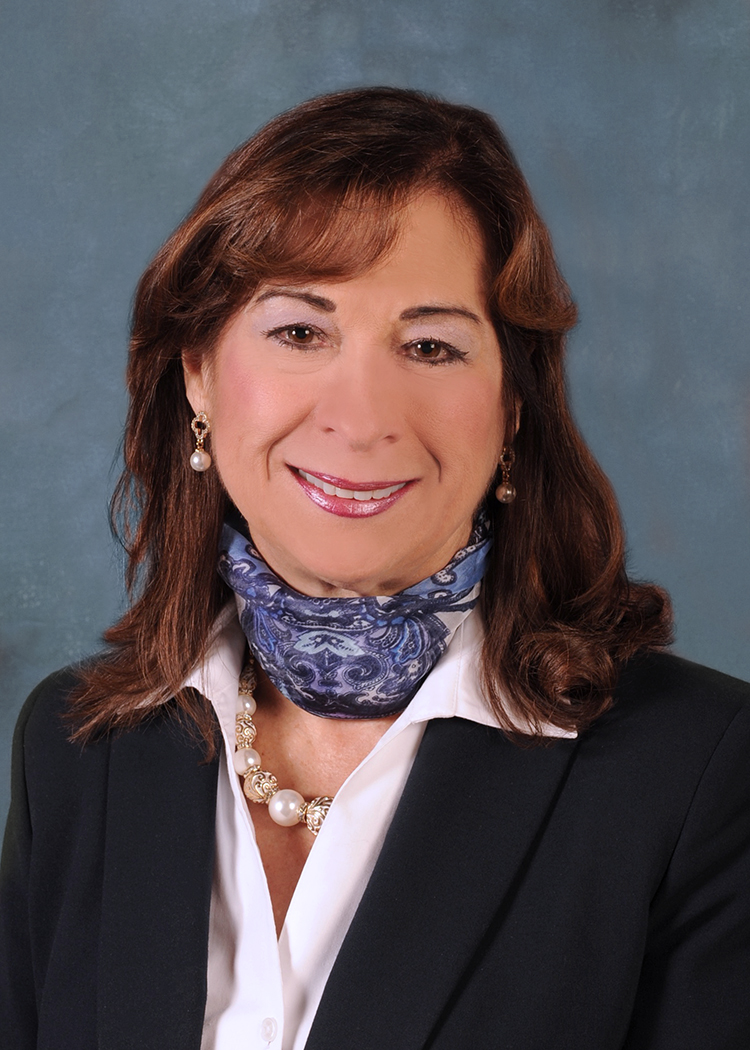
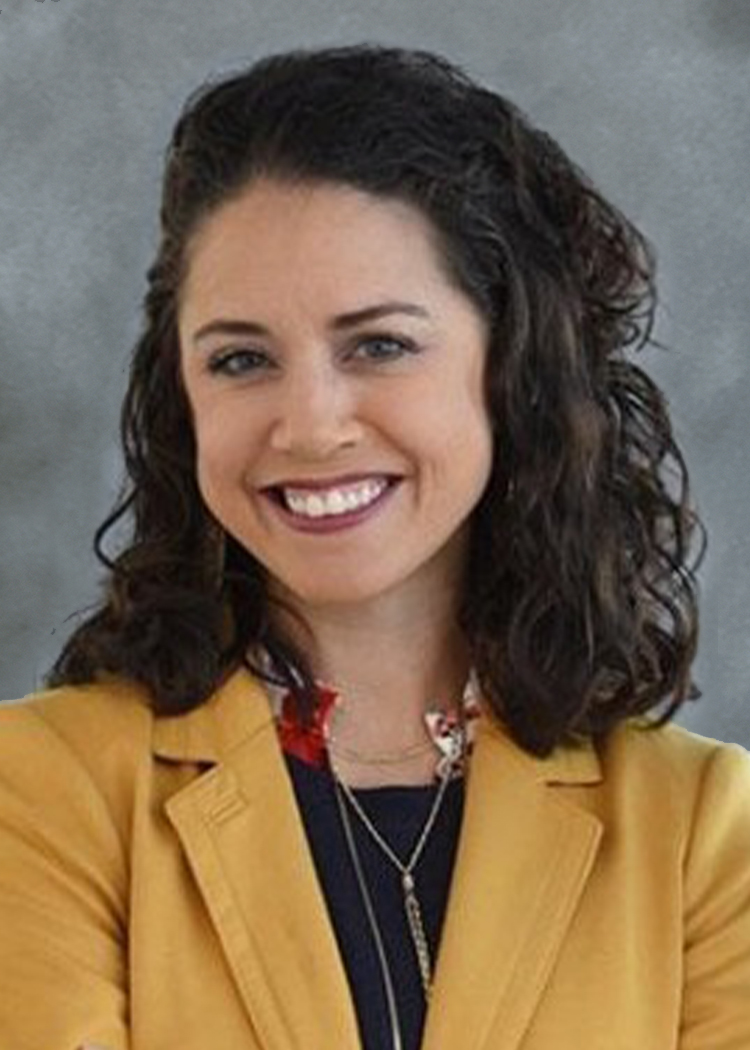
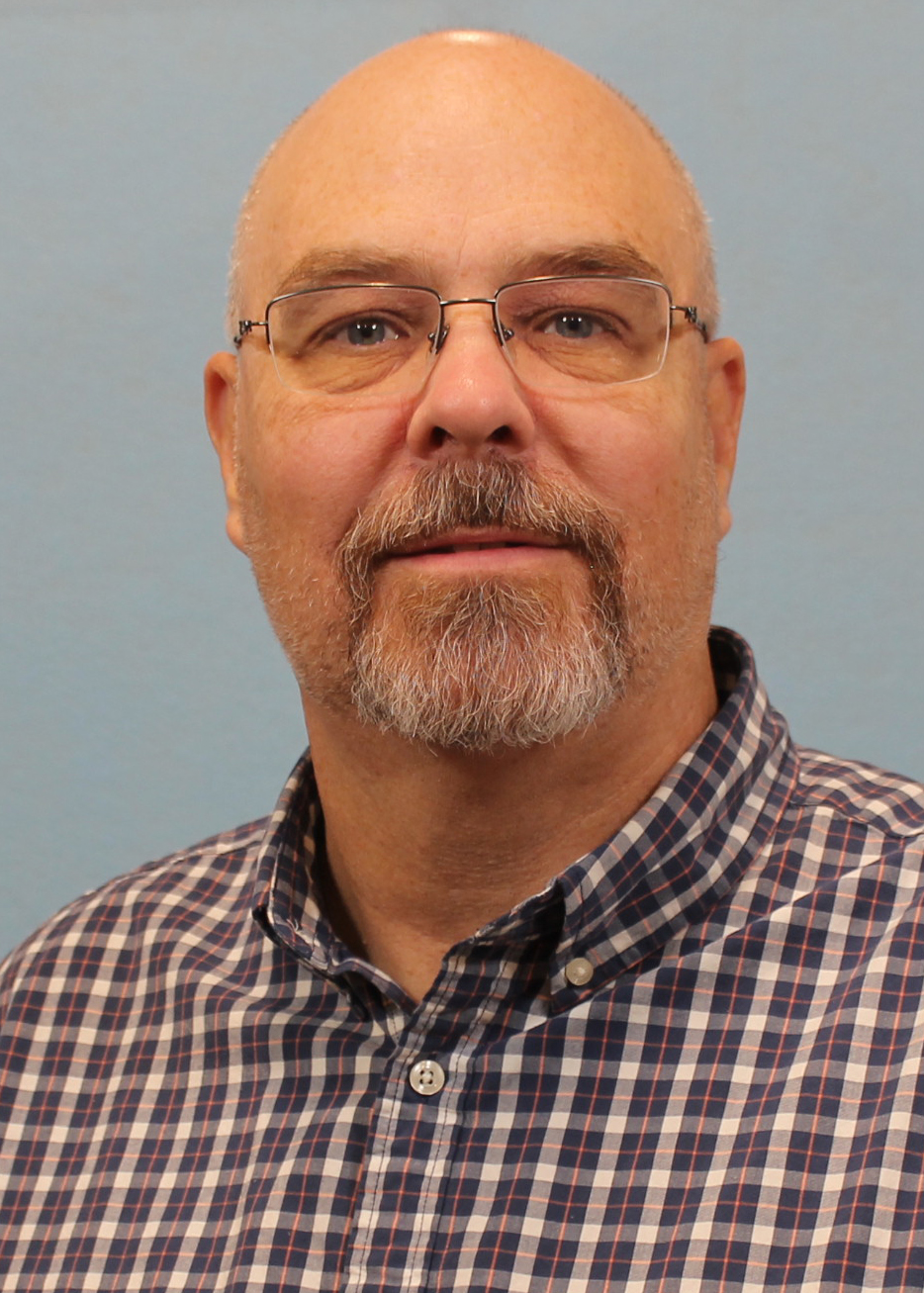
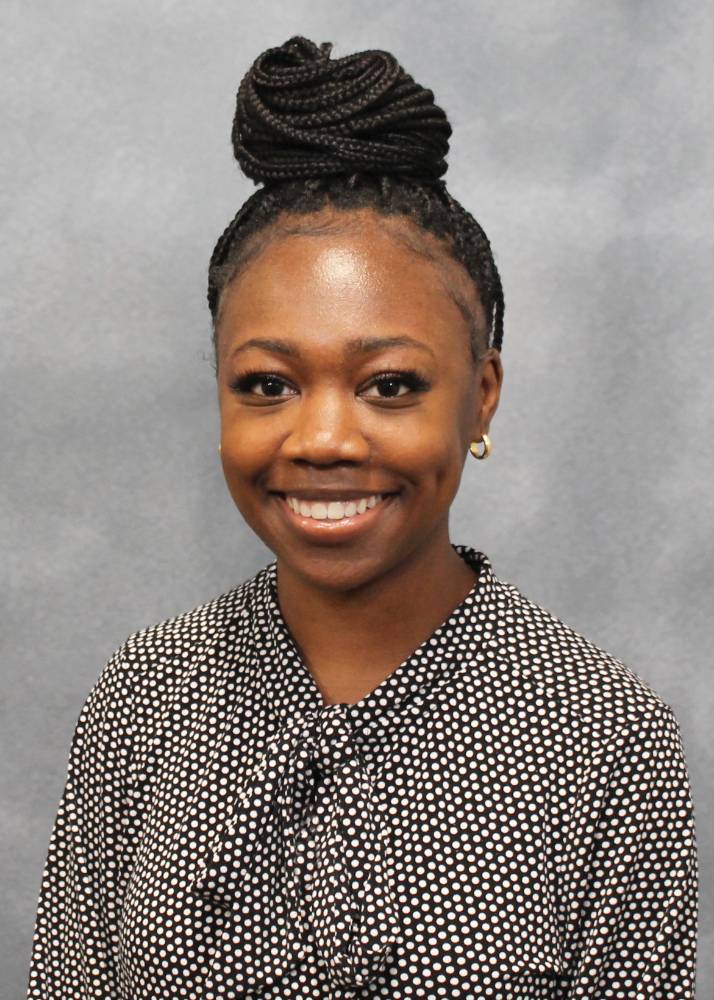
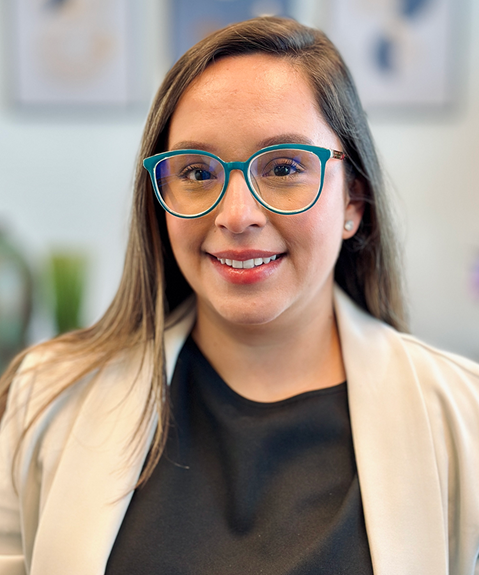

Co-Investigators
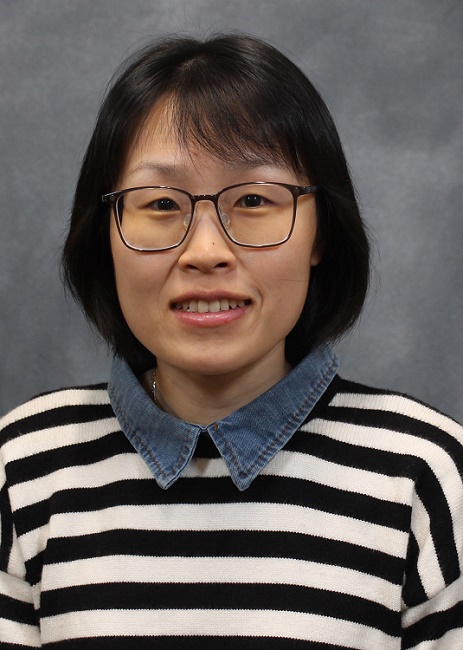
Dr. Mina Tsai
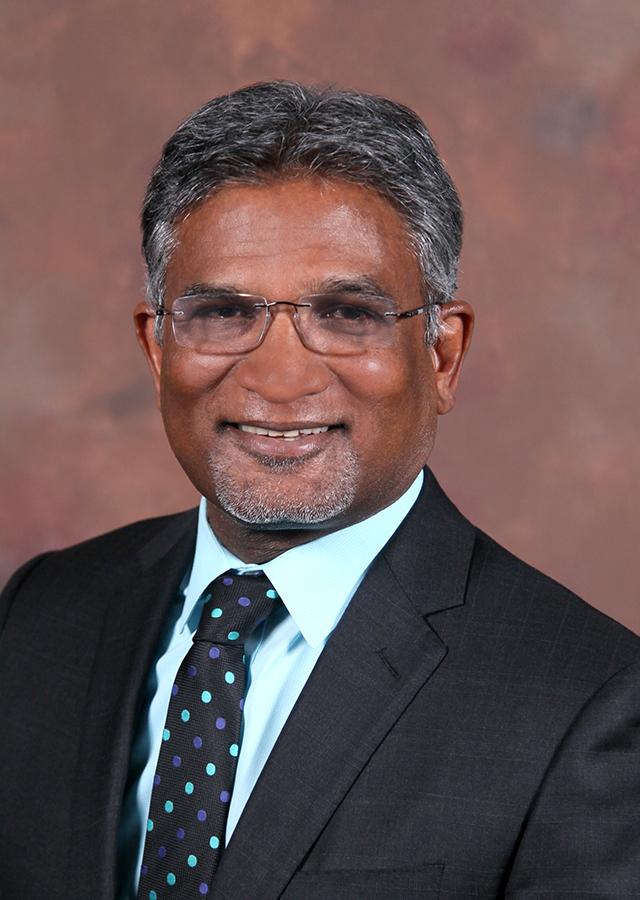
Dr. Anand Jillella
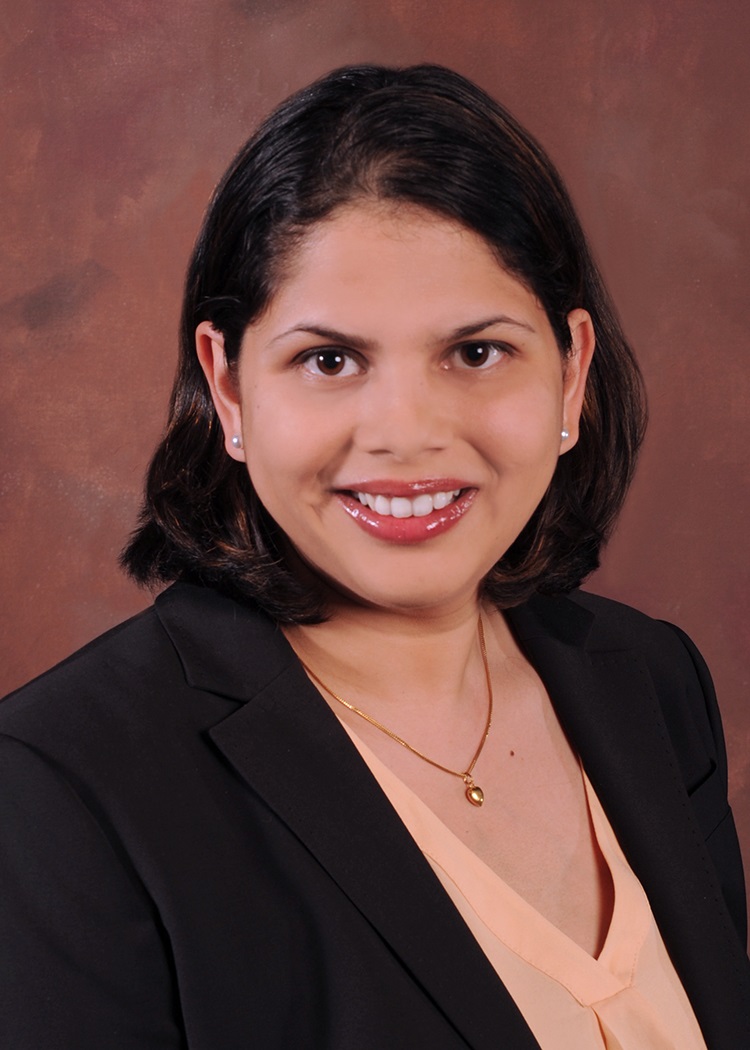
Dr. Priyanka Raval
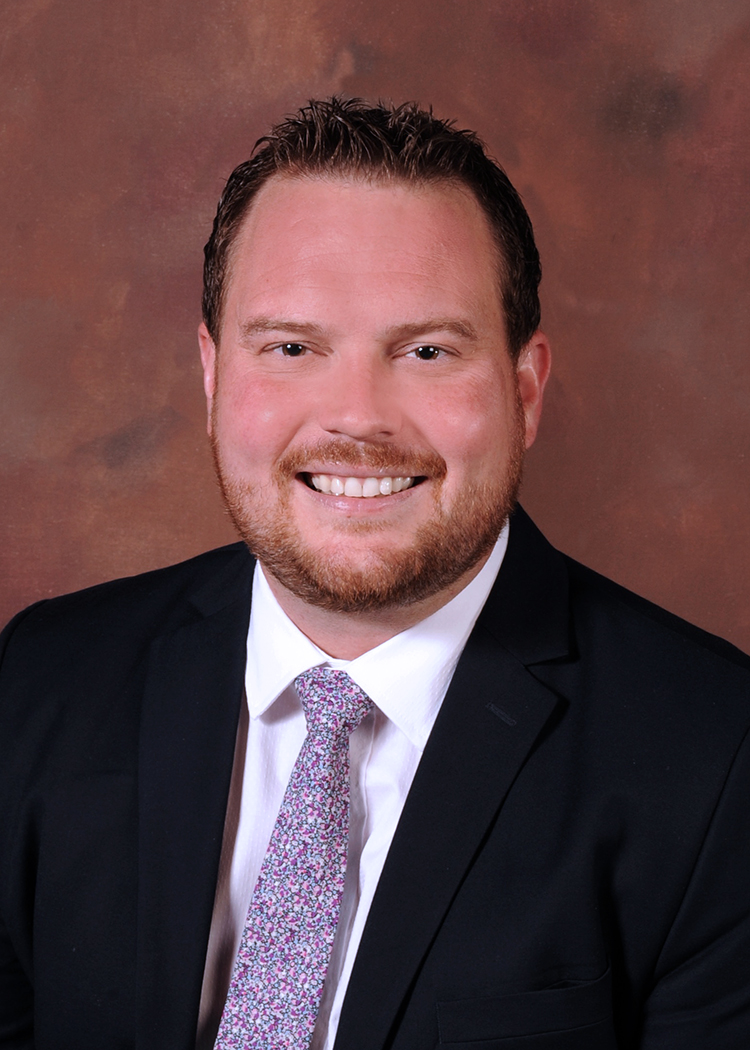
Dr. Zachary Klaassen
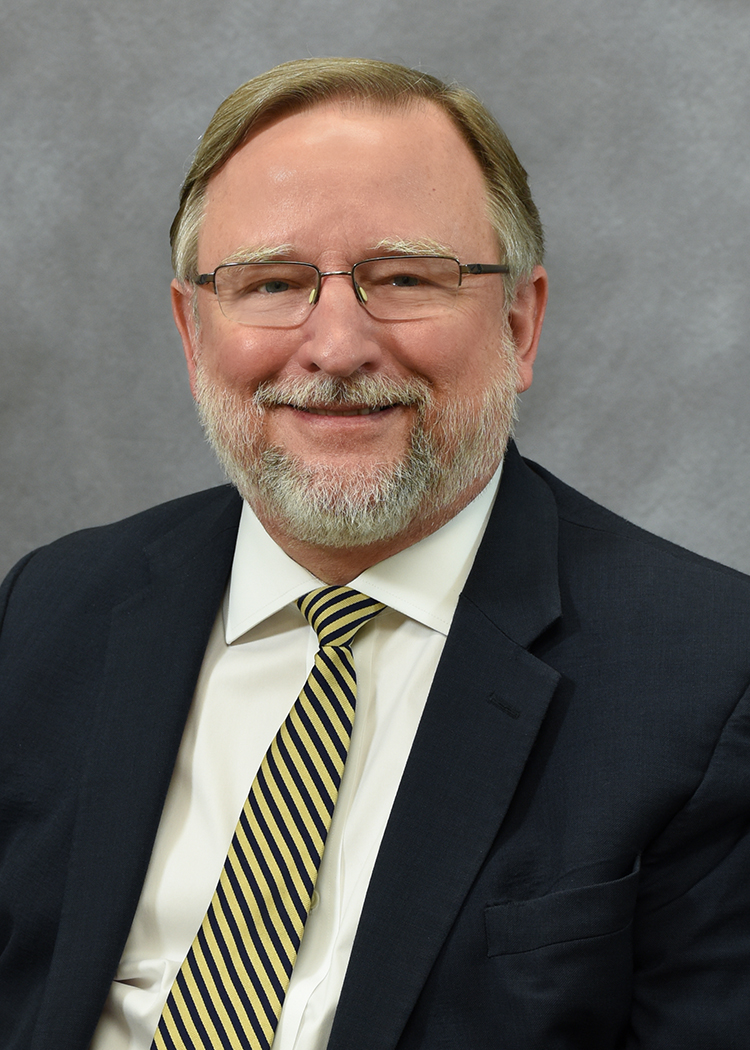
Dr. John Henson, IV
Reduce the Burden
The Georgia Cancer Center at Augusta University is dedicated to reducing the burden of cancer in Georgia and across the globe through superior care, innovation, and education. Through unprecedented expansion, the Georgia Cancer Center is providing access to more first-in-the-nation clinical trials, world-renowned experts and life-saving options.
Follow the Georgia Cancer Center






